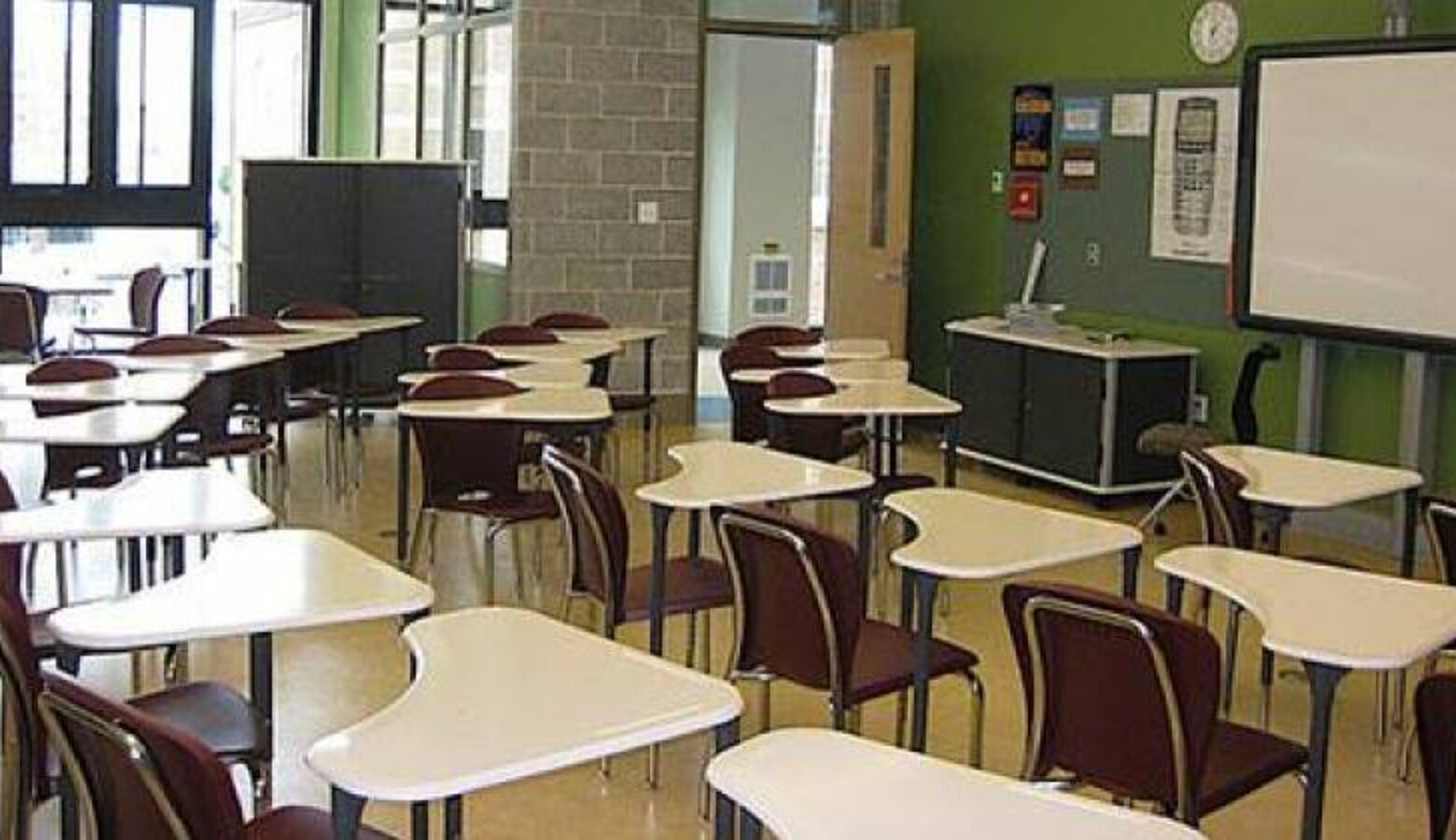Attendance Dropped At 70 Percent Of Indiana Schools During Pandemic

About 70 percent of Indiana schools had lower attendance rates in 2020-21 compared to the previous year, a sign of the toll that the fragmented education during the pandemic took on students.
At many schools the dip in attendance was modest. But at about 80 schools, attendance rates plummeted by more than 10 percentage points, according to preliminary data released last week by the Indiana Department of Education.
Indiana schools were largely open in person despite the pandemic. But many ping-ponged between in-person and virtual instruction throughout the year. Some districts began the year online or went to a virtual schedule during spikes in the coronavirus. And even when schools attempted to operate face to face, plans were often disrupted when students and teachers were sick or quarantined.
All those factors are a recipe for lower attendance at schools across the country, said Hedy Chang, Executive Director of Attendance Works, a national organization that researches and promotes school attendance.
“We’re going to have to emphasize more than ever getting back into a kind of regular routine of school and creating a sense of belonging and connection for all kids,” Chang said.
The attendance rate data released last week is preliminary, and it does not include schools that had not yet submitted information to the state. A WFYI analysis of schools with available data found that about 70 percent reported lower attendance rates than in 2020-21.
It’s still unclear how attendance impacted student learning, but state education officials agree pandemic disruptions contributed to declines in passing rates on state tests. Only 29 percent of Indiana students passed both the math and English exams.
The double digit drops in attendance rates were clustered in Indianapolis and small cities around the state. Several districts had multiple campuses where attendance rates dramatically declined, including Indianapolis Public Schools, Warren Township, Lawrence Township, Decatur Township, Anderson, Elkhart, South Bend, Fort Wayne, Gary, East Chicago and Randolph Eastern.
The data at the schools with the largest drops in attendance is a clear warning sign, Chang said.
“They struggled during this pandemic, and they ought to take a deeper look at what might be causing that,” she said. “They have a lot of kids who’ve missed out on instruction.”
In a year when many students were learning virtually, what counts as “attending” school was not simple. Chang cautioned that some districts may have set a lower bar, such as by marking students as present even if they only log on to the system for a few minutes.
Attendance rates are a common measure of how many students are coming to school. But because they average attendance among students, they can mask when some children are chronically absent and missing so much school they are falling behind academically.
Indiana tracks chronic absenteeism at schools but that data was not released last week. The Department of Education said it would take longer to prepare.
The Indiana Department of Education did not respond to particular questions about the attendance data, but a spokeswoman said officials expect rates to stabilize next school year.
“Indiana’s educators have worked tirelessly to ensure a safe environment in classrooms across the state, with most schools providing primarily in-person learning for almost the entire 2020-2021 school year,” spokeswoman Holly Lawson said in a statement. “Looking ahead to next school year and beyond, we expect to see these numbers stabilize as educators, parents, community partners and beyond work together to help students recover from the academic impact of the COVID-19 pandemic.”
The state used the attendance data to attempt to show whether schools were operating in person or virtually. Nearly nine out of 10 Indiana schools primarily educated students in person more than half the year, according to an analysis by the Department of Education. That’s a sharp contrast with many of the largest school districts in the nation, which struggled to return to classrooms during the pandemic.
About 56 percent of schools educated most students in person for more than 90 percent of the year.
Contact WFYI education reporter Dylan Peers McCoy at [email protected]. Follow on Twitter: @dylanpmccoy.

